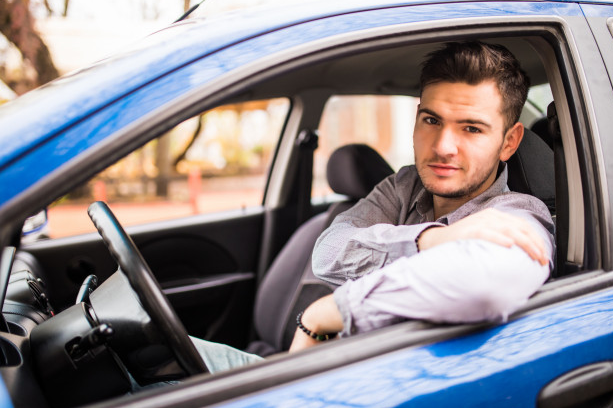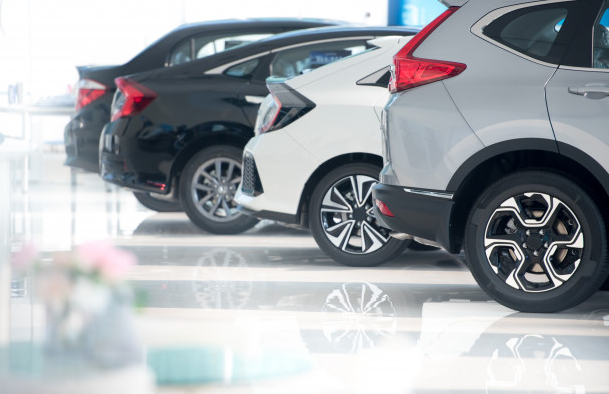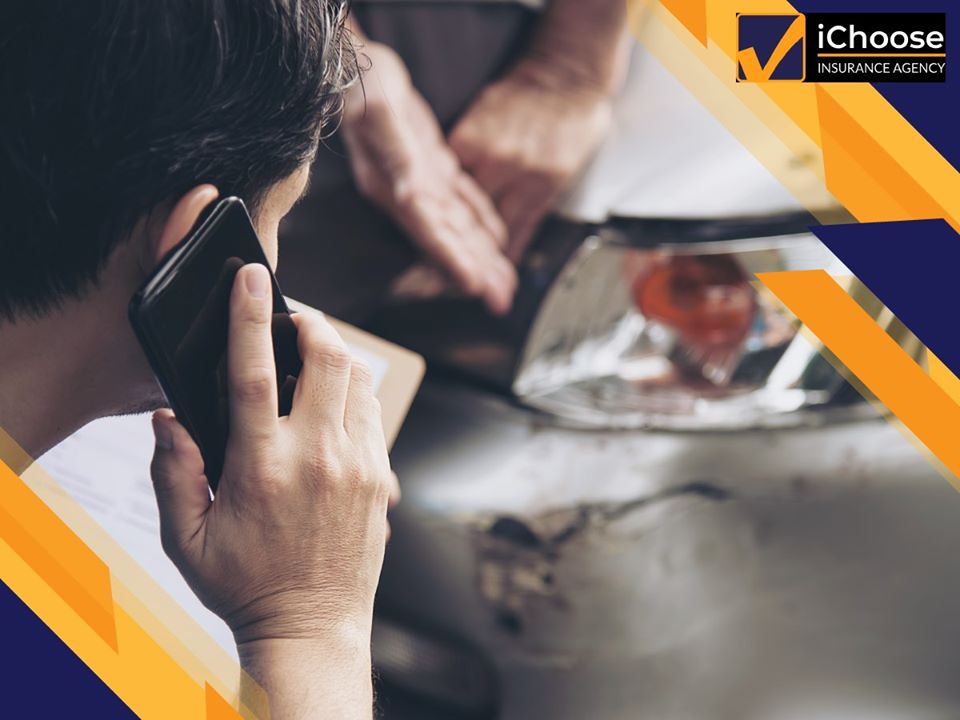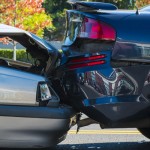How Car Insurance works in the Philippines
In 2015, over 400,000 cars, SUVs, vans, and other vehicle types were sold in the Philippines. In five years, the car and automotive industry in the country is eyeing to sell over 500,000 units in 2020. According to recorded data, while 47% of Filipino households remain to be car-less, 38% own one vehicle, while another 16% have more than one car. In fact, the region with the highest car sales in the first quarter of 2017 remains to be its capital, Metro Manila.
The evening news is not complete without traffic reports, especially during rush hours. The heavy flow or non-moving traffic in the capital’s major roads lead to the whole ‘Carmaggedon’ phenomenon, which is a “natural” thing nowadays. In fact, according to reports by the Inquirer, EDSA accommodates more than two million vehicles on a daily basis. And, if you take this avenue to work, you’re exposed to more than 27,000 public utility buses that figure in the worst traffic accidents.
With these figures, is car insurance really a necessity?
Moreover, one of the traits that are truly embedded in the Filipino characteristics is being family-oriented. For parents, nothing is more important than the safety, convenience, and comfort of their children, especially when traveling on the road.
Did you know that most car owners in the Philippines know that having their car insured is important, yet neglect getting insurance policies for their vehicles? Imagine driving with around two million vehicles in EDSA, one of the busiest roads in NCR, and in the country with no insurance, that could be a burden not only for you but for others as well. It is also not common knowledge, but vehicular accidents are now the fourth leading cause of death in the Philippines, averaging having a 41 traffic accidents occur in a day due to driver errors, mechanical defects, over speeding, cell phone use while driving, driving under the influence of alcohol and drugs, etc.
Since many car owners treat their cars as a prized possession, what more if your family rides it with you? Isn’t that enough reason to get your vehicles insured, just as a precaution?
It is an understatement to say that risk is an everyday reality. Accidents—in all forms, shapes, and intensities can happen any day to anyone. Some meet unfortunate events on the road as they were driving to work, or coming home. Once you’re driving, you expose yourself to a constant risk that indeed, you do not have direct control of.
The Philippine Constitution orders every car registered to get a basic Compulsory Third Party Liability (CTPL) car insurance to protect against possible liabilities to third parties. According to the Insurance Code of the Philippines, a third party is defined as any person other than a passenger, family member, or household member of the vehicle owner. It is one of the requirements for registering your vehicle for the Land Transportation Office.
The CPTL basically covers and protects pedestrians from potential damages or injuries that arise from the use of the insured car in case road accidents happen. This is compulsory and covers any bodily injuries or deaths caused for of up to P100,000. However, CTPL does not cover loss or damages to property and is very limited in this regard.
If you give importance to your family, you should also give importance to the pedestrians which have their own families as well.
Carnapping or Auto theft is one of the most notorious crimes in the country. Almost every day, some news of a stolen car captured by a CCTV may be reported on the daily news. In fact, in 2014, there are over 10,000 reported cases of Carnapping, where 4 cars are stolen every day in Metro Manila on average. If your car is stolen or vandalized, a comprehensive policy will cover your loss. Car theft is a real threat. If your car is stolen, you need something to cover the loss.
Many families see to it to have go-bags and emergency kits at home in times of emergencies or calamities. Why not do the same for your cars too? the Philippines, being a tropical country, experiences its fair share of good and bad weather annually. The country is not a stranger to droughts, moreover, it has gone through some of the worst typhoons and storms in recorded history, and an average of 9 tropical storms in a year. Add to that the reality that the country, specifically Manila, is low-lying that it is easily drowned during the rainy season. Flooding is also one of the natural disasters problematized by car owners.
Meanwhile, for those who want to protect their vehicles, there are many types of car insurance they can get. One of the most ideal ones is the comprehensive car insurance, offered by many non-life insurance companies in the country. It has a wide coverage and insures you against damage, car theft, liabilities caused by collisions, fire, malicious acts, natural disasters and catastrophes, and personal accident insurance of the passenger. This type of insurance is not mandatory, and no law in the country obliges car owners to get one. True enough, you are liable for your own belongings. But, should car owners insure their cars?
With all these probable realities, it just makes more sense than car owners in the country prepare for the worst by getting themselves comprehensive car insurance. As the popular saying goes, it is better to be safe than sorry. Can you imagine doing all the legwork once these disasters happen to your car—without insurance? Instead of lining up long lines, waiting for a gazillion government offices to stamp all the paper works needed, why not just relax at home and let the insurance company do all the work? Depending on your coverage, they’ll even foot the hospital bills in case any passengers got injured in the accident.
It goes without saying that car insurance is a necessity, especially in the Philippines. After all, most Filipinos find that one of the most prized possessions in their cars. In fact, one study revealed that 72% of Filipino car owners give importance to their cars and view them as a status symbol. It is just right to spend amounts of money to protect it, rather than spend much more trying to repair it. Moreover, consider car insurance as a long term investment for the safety and protection of you, and your family as well.
More useful reads from iChoose.ph






